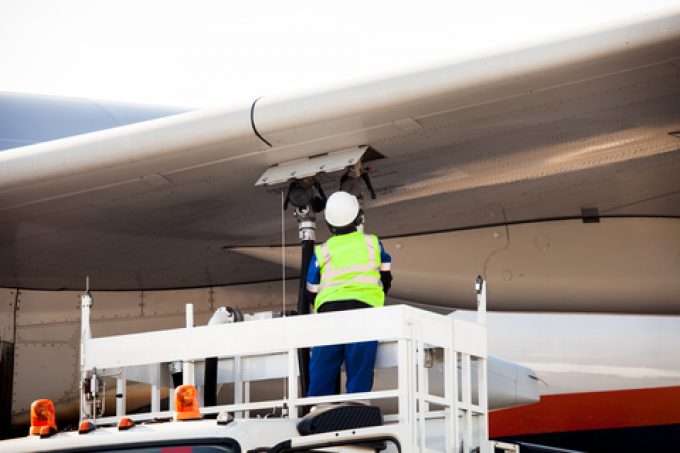UK eyes expanding its ETS to deepsea shipping – closing EU loophole
A loophole allowing ocean carriers to dodge ETS charges via a port call in the ...

Despite the fact that widespread SAF (sustainable aviation fuel) production remains a distant possibility, sustainability expert and Change Horizon founder Celine Hourcade (below) has warned that the industry must not get complacent in the meantime, and that “decarbonisation is the biggest challenge humans ? and ...

Comment on this article